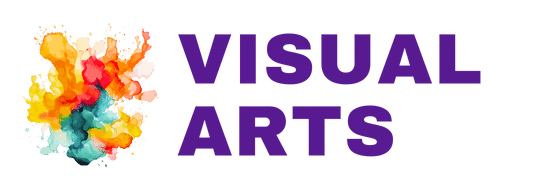What is Workshops in Art Education?
Workshops in art education are interactive sessions that provide hands-on learning experiences for students to explore various art techniques, mediums, and styles. These workshops are typically led by professional artists, educators, or experts in the field who guide participants through creative activities and projects.
Workshops in art education aim to enhance students’ artistic skills, creativity, critical thinking, and problem-solving abilities. They offer a dynamic and engaging learning environment that encourages experimentation, collaboration, and self-expression.
Benefits of Workshops in Art Education
Workshops in art education offer numerous benefits for students, educators, and schools. These benefits include fostering creativity and imagination, developing fine motor skills and hand-eye coordination, promoting cultural awareness and appreciation, building confidence and self-esteem, and improving communication and teamwork skills.
Additionally, workshops in art education can help students develop a deeper understanding of art history, aesthetics, and visual literacy. They also provide opportunities for interdisciplinary learning, where students can integrate art with other subjects such as science, math, language arts, and social studies.
Types of Workshops in Art Education
There are various types of workshops in art education that cater to different age groups, skill levels, interests, and goals. Some common types of workshops include drawing and painting, sculpture and ceramics, printmaking and mixed media, digital art and photography, art history and theory, and arts integration and STEAM (Science, Technology, Engineering, Arts, and Mathematics) education.
Workshops in art education can be offered as standalone sessions, short-term courses, summer programs, after-school activities, professional development opportunities for educators, or community outreach initiatives. They can take place in schools, museums, galleries, art studios, community centers, or online platforms.
Planning and Implementing Workshops in Art Education
Planning and implementing workshops in art education require careful consideration of various factors such as setting objectives and goals, designing engaging and age-appropriate activities, selecting appropriate materials and resources, establishing a safe and inclusive learning environment, and assessing students’ learning outcomes.
Educators and workshop facilitators should also consider the diverse needs and learning styles of participants, provide clear instructions and demonstrations, offer constructive feedback and support, encourage reflection and self-assessment, and promote a positive and supportive atmosphere for creativity and exploration.
Evaluating the Effectiveness of Workshops in Art Education
Evaluating the effectiveness of workshops in art education involves assessing students’ learning outcomes, engagement levels, creativity and problem-solving skills, communication and collaboration abilities, and overall satisfaction with the workshop experience. This can be done through various methods such as observation, documentation, reflection, self-assessment, peer feedback, and formal assessments.
Educators and workshop facilitators can also gather feedback from students, parents, colleagues, and stakeholders to identify strengths and areas for improvement, make adjustments to the workshop design and delivery, and enhance the overall quality and impact of the learning experience.
Incorporating Technology in Workshops in Art Education
Incorporating technology in workshops in art education can enhance students’ learning experiences, creativity, and digital literacy skills. This can include using digital tools and software for drawing, painting, animation, graphic design, photography, and video editing, exploring virtual reality and augmented reality applications for immersive art experiences, engaging in online collaborations and interactive projects with artists and peers worldwide, and accessing digital resources and online tutorials for inspiration and learning.
Technology can also facilitate communication, feedback, and assessment processes in workshops, enable students to showcase and share their artwork with a wider audience, and provide opportunities for personalized and adaptive learning experiences that cater to individual interests, abilities, and learning preferences.
